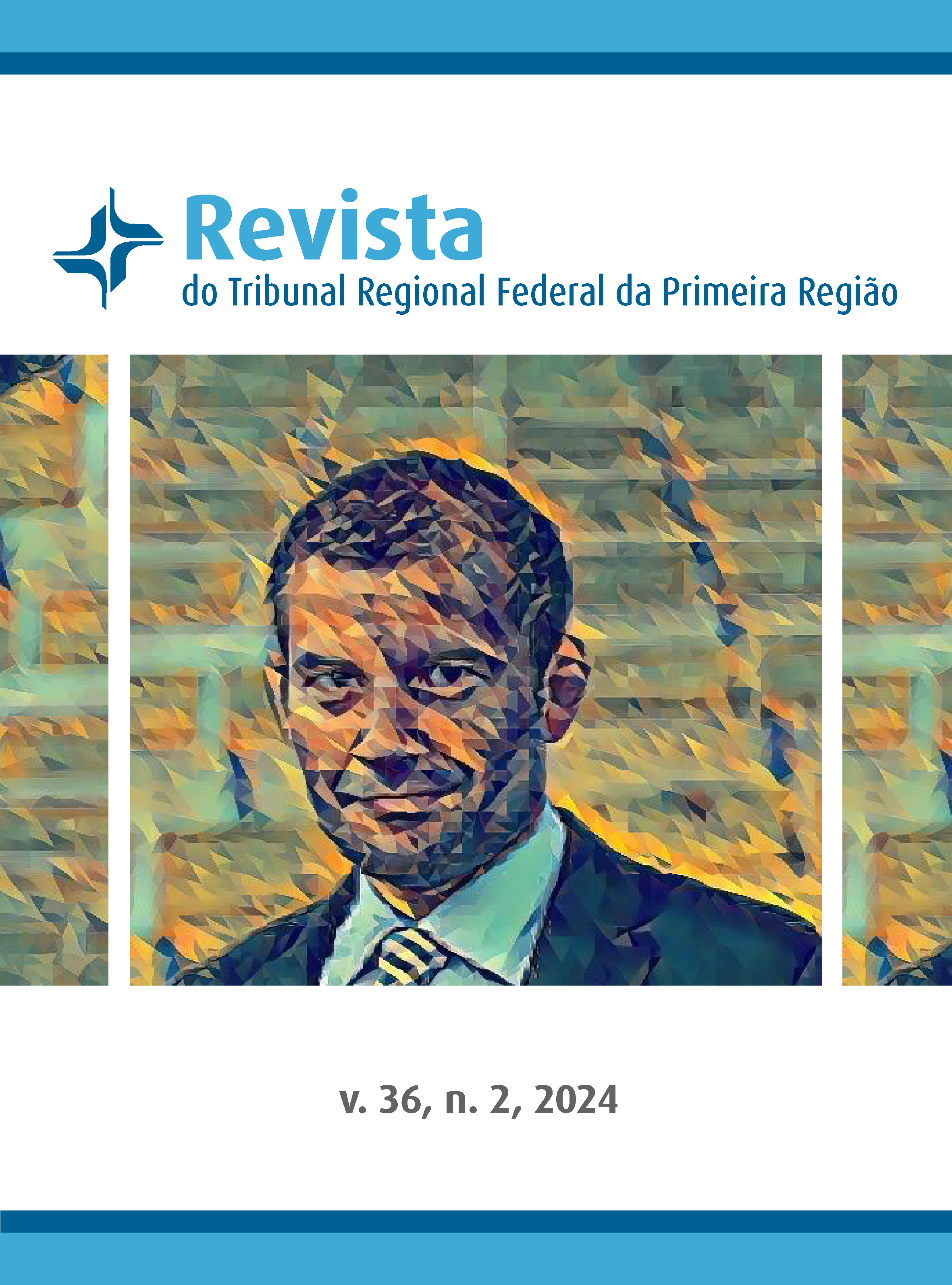Criminal liability for withdrawal of artificial nutrition and hydration from a patient in a persistent vegetative state
DOI:
https://doi.org/10.69519/trf1.v36n2.560Keywords:
improper omissive crime, criminal law, murder, medicine, orthothanasia, attemptAbstract
The doctrine of criminal responsibility “is not born in the desert, but only in the fertile and firm soil of an intense and sophisticated debate on concrete problems”, as the honoree stated (GRECO, 2009, p. 3). This text analyzes a case that involves two significant issues within the doctrine of criminal responsibility: (presumed) consent and improper omission. It examines a case involving an investigation of attempted homicide for withdrawing hydration and nutrition from a patient in a persistent vegetative state. It analyzes the responsibility of each person involved. The authors conclude that withdrawing artificial nutrition and hydration from a patient in a persistent vegetative state is an act of omission. Therefore, it does not constitute participation in suicide or active euthanasia. Instead, it is a case of orthothanasia, which can only be punished as an improper omission. The attending physician and the patient’s legal guardian were guarantors of protection (Article 13, § 2, “b” of the Criminal Code), whose bundle of duties, however, did not include the general duty to prolong the life or dying process of patients indefinitely. Their actions should be restricted by the patient’s will, respecting their autonomy. In cases where the patient is unconscious, the lawfulness of any intervention is dependent on an analysis of his/her presumed will, based on the criteria of the patient’s best interest. In this case, the attending physician and the legal guardian did not commit a criminal offense as there was no concrete duty to authorize the continuation of artificial nutrition and hydration. The consulting physician and attorney advising the guardian also did not commit any offense due to the accessory nature of participation.
Downloads
Downloads
Published
How to Cite
Issue
Section
License
Copyright (c) 2024 Revista do Tribunal Regional Federal da 1ª Região

This work is licensed under a Creative Commons Attribution-NonCommercial-NoDerivatives 4.0 International License.
Ao submeterem artigos à Revista do Tribunal Regional Federal da Primeira Região, os autores declaram ser titulares dos direitos autorais, respondendo exclusivamente por quaisquer reclamações relacionadas a tais direitos, bem como autorizam a Revista, sem ônus, a publicar os referidos textos em qualquer meio, sem limitações quanto ao prazo, ao território, ou qualquer outra. A Revista fica também autorizada a adequar os textos a seus formatos de publicação e a modificá-los para garantir o respeito à norma culta da língua portuguesa.





















